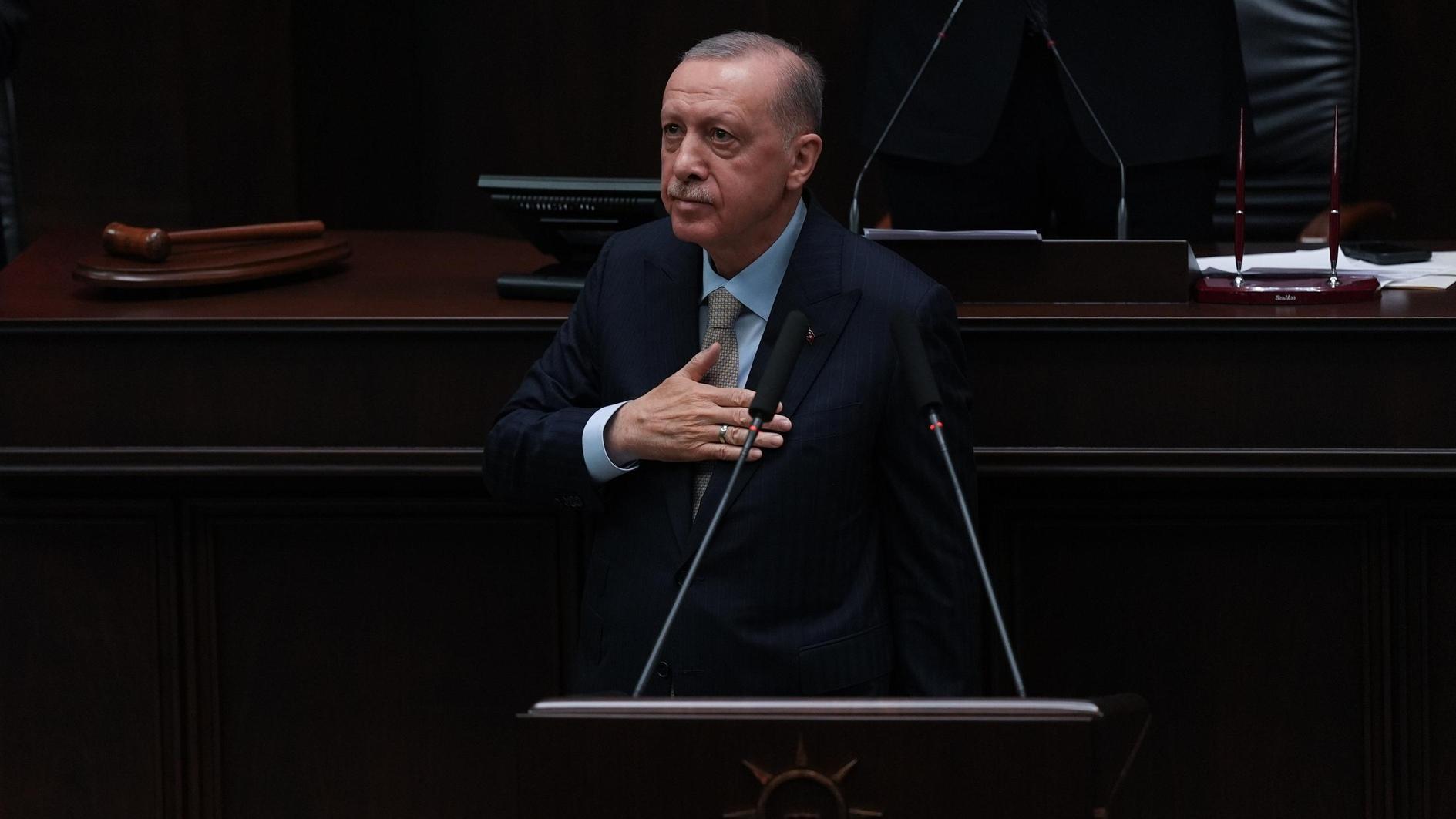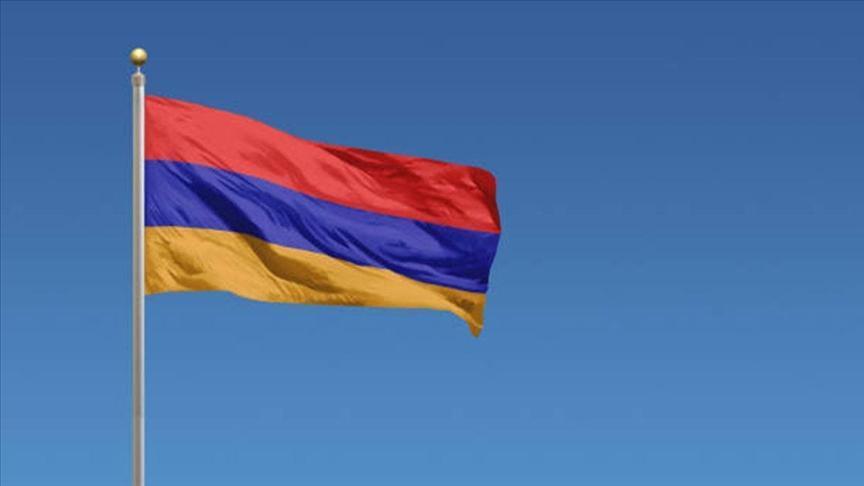The fight over Nevruz
It is not only Iranians, Azeris, Egyptians, Kyrgyz and many other peoples of the old world that have difficulties giving meaning to the fight in Turkey over Nevruz. This is mainly because Turkish governments, for the last three decades, have taken extraordinary security measures over the occasion, and because the outlawed Kurdistan Workers Party (PKK) has called on Kurds to turn their “Kurdish new year,” into a day of struggle for national identity.
Meaning “New Day - Nowruz” in Persian, Nevruz is to be celebrated tomorrow as the beginning of the new year by many peoples; it is probably the oldest new year celebration in human civilization.
It is the oldest because it marks the equinox; the day triumphs over the night, light over darkness, prosperity over austerity, to tell us that spring is coming; we are going to get the benefit of the sun. It is cultural heritage from the sun-worshipping days.
Perhaps that is why civilizations from the Aztecs in Central America to the Khmers in South East Asia to the Egyptians in the Nile Basin have taken this divine day as reference when building their amazing pyramids and temples.
That is why the United Nations adopted this “3000 year old” day of March 21st - first as World Cultural Heritage Day in 2009 and then “World Nowruz Day” in 2010. Sorry to repeat, but it is a new year according to the most ancient calendar and - like any other new year - it is the last thing that should be adopted as a narrowly national day, such as a “Kurdish new year.”
Again, sorry to say that the legend of the Kawa revolting against the Dehak - which is claimed as evidence to show Nevruz’s Kurdish nature - is described in long chapters by Ferdowsi in great detail in the famous Shahnameh, which is actually regarded as the start of the renaissance of Persian culture.
But when the PKK started its campaign for an independent Kurdish state carved out of the territories of Turkey, Iran, Iraq and Syria in the early 1980s, motives for a Kurdish renaissance were needed, and one of the first ones remembered was Nevruz. They called it Nowruz, highlighting the letter 'w' which does not exist in Turkish alphabet.
When the Turkish government of that time realized that the PKK had managed to turn this ancient new year into a national day of struggle for Kurds whose presence had been denied, (use of their mother tongue was punished for decades and they were striving for acknowledgement), it made an amazingly hypocritical move and announced Nevruz as an ancient Turkish new year. Culture ministers and governors started to light fires and jump over them (the symbolic celebration) in official ceremonies, while Kurdish nationalists rushed to their own ceremonies - declared unlawful by the government - in protest.
It became another reason of division among people in Turkey; some called it Nevruz, the Turkish way, and others called it Newruz, the Kurdish way. This cultural day - supposed to unite all peoples of the world - got a divisive meaning and instead turned into a day of political antagonism.
A feasible solution to the Kurdish problem in Turkey will hopefully bring an end to this naive competition over Nevruz and make it into a festival of unity.











